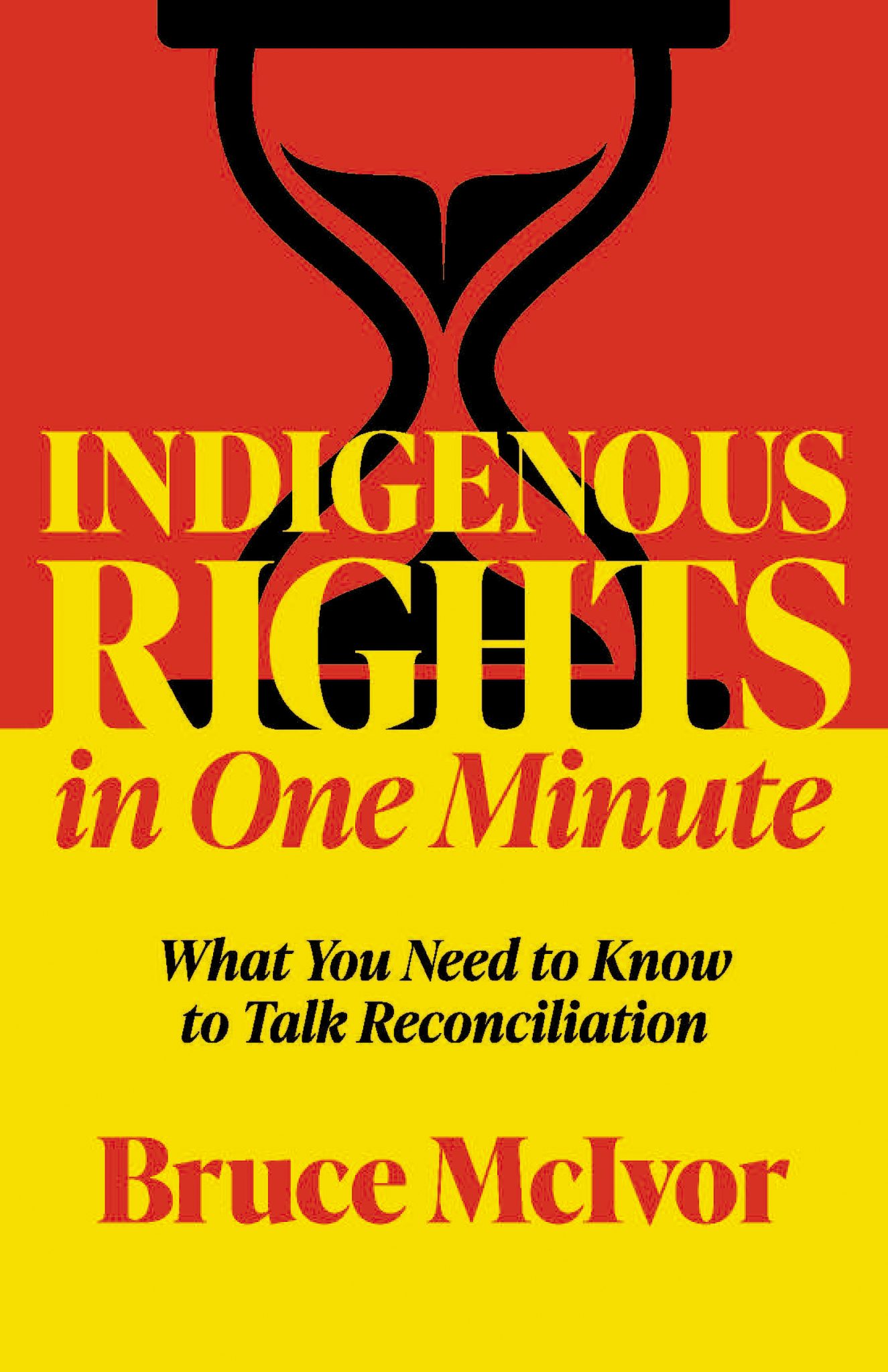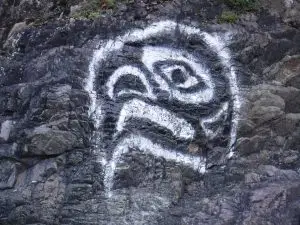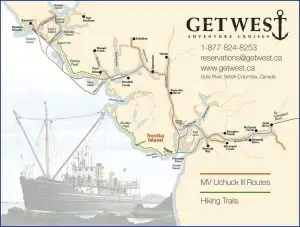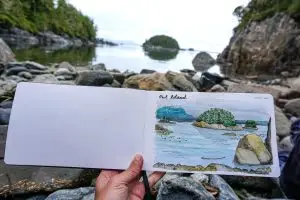Indigenous Rights in One Minute: What You Need to Know to Talk Reconciliation
$22.95
Why do Indigenous Canadians have different rights than most Canadians?
This question, and variants of it, is often asked by British Columbians including kayakers and other users of BC Marine Trails Maps.
To answer this question in the comfort of your own home, please read Bruce McIvor’s excellent book.
McIvor is a professor and lawyer practicing Indigenous law in Vancouver. He has the depth of experience and a clear writing style that makes this complex topic very accessible.
The book is written for non-specialists who are interested in why we should make a commitment to Reconciliation and how to make it a reality.
Summary
Section one of Indigenous Rights in One Minute sets out the idea that “Indigenous People have special rights under Canadian law because their ancestors had distinct legal traditions and rights in their lands before Europeans began to colonize what we now call Canada.”
Questions addressed include What is the Crown and Sovereignty? and How does law-making work in Canada? From there, important topics include Indigenous rights, treaties, the honour of the Crown and Reconciliation. At less than two pages each, these summaries are easy to read, and provide a good basis for understanding the issues at hand.
McIvor’s observations are interspersed by comments such as “government’s control of Indigenous people and their lands has facilitated the wider colonization project.”
Section two delves deeper into the top 50 Aboriginal law decisions and why they are important in shaping our understanding of Indigenous rights. The cases are grouped to summarize the law guiding aboriginal title, rights, treaties, fiduciary duty, consultation and related matters. Each case is summarized and its importance is explained in under two pages.
Synopsis
Taken together, McIvor’s efforts could lead to a considerable improvement in most people’s understanding of Indigenous rights and why they are important.
The book is clear, accessible, and as concise as it can be for such a topic. Though each part is short and easy to read, it will likely take some time for most readers to digest the significance of the parts and how they interact with each other.
McIvor does not provide legal advice or any suggestion about which legal cases or other parameters may apply in a particular situation. But after reading this book, the reader will have sufficient knowledge to know which questions to ask when engaging with these matters.
Though the writing takes a pan-Canadian approach, many of the key concepts and decisions have had their origins in British Columbia, as approximately one-third of First Nations in Canada are in BC.
McIvor’s book is available at local book sellers and online.
BC Marine Trails recognizes Aboriginal rights and title, is committed to engagement, and seeks concurrence for use of sites with all 74 First Nations along the BC Coast. We encourage all citizens to learn more and participate in conversations about Reconciliation.
Watch the BCMT Newsletter and our other posts for further information on Aboriginal issues and our efforts toward Citizen-Based Reconciliation.




